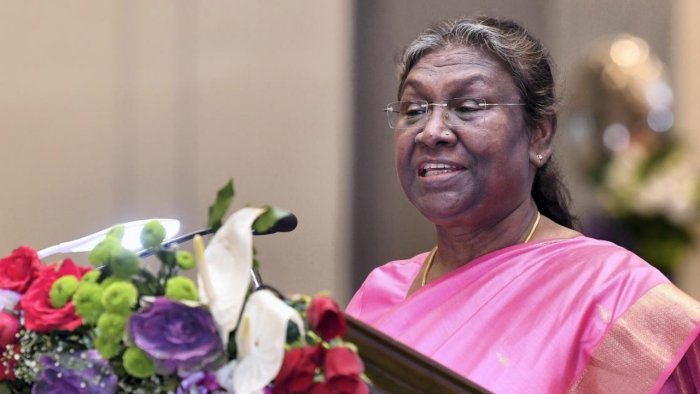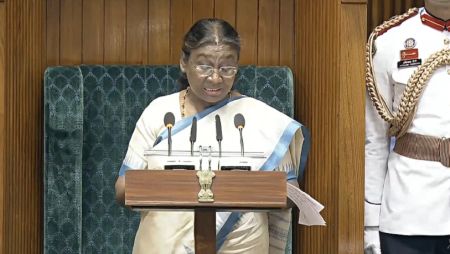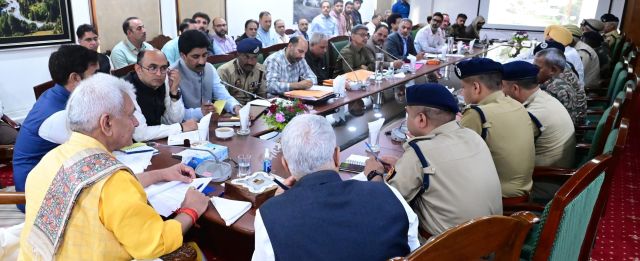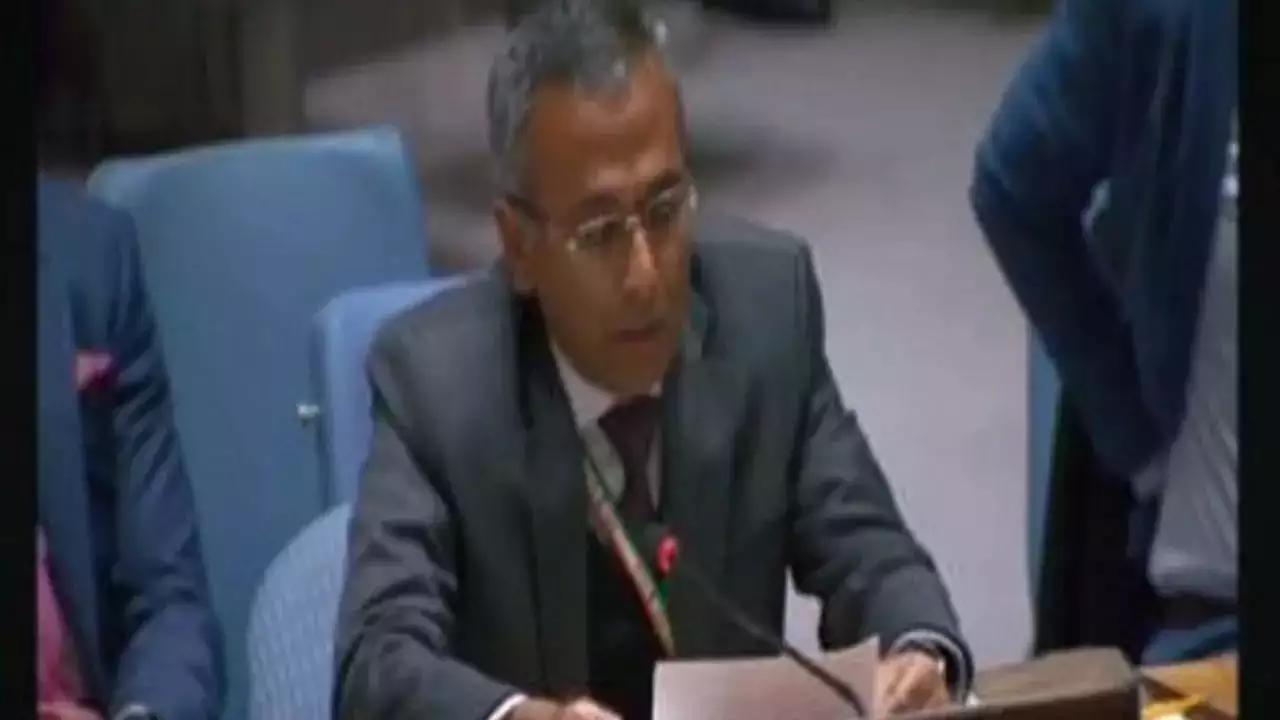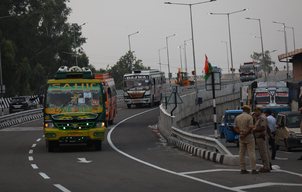New Delhi: The initial probe into the June 17 Kanchanjunga Express accident has suggested there were lapses by the operating department of the New Jalpaiguri Rail Division and the crew of the goods train that hit the passenger train.
At least 10 people were killed, including the passenger train’s guard and the pilot of the goods train after it rammed into the stationary Sealdah-bound Kanchanjunga Express in West Bengal’s Darjeeling district on Monday.
The collision occurred near Rangapani station, 30 km from New Jalpaiguri station, causing four rear compartments of Kanchanjunga Express to derail due to the impact by the goods train’s locomotive at 8.55 am, the official said.
Soon after the accident, Railway Board chairperson Jaya Varma Sinha said the collision took place because the goods train disregarded the signal. The Commissioner of Railway Safety (CRS) has started a probe into the cause of the accident.
The railways also set up a probe team of six senior officials who have filed their preliminary report which has been seen by PTI.
While five officials have blamed the goods train driver for violating signals as well as the speed restriction, one has given a dissenting note suggesting that the operating department of the New Jalpaiguri Rail Division failed to take adequate measures to safeguard the route between Ranipatra (RNI) and Chattar Hat Junction (CAT).
The majority view is that the rear-end dashing of the Kanchanjunga Express by the goods train may have occurred due to the failure of the goods train crew (driver, assistant driver and guard) to obey the rule of “passing the automatic signal at danger position” and also “keeping the excessive speed of the train”.
In his dissent note, one official, the chief loco inspector (CLI) of the NJP division, said the automatic and semi-automatic signals had not been working since 5:50 am on June 17, 2024.
In such a situation, the whole section (route between RNI and CAT) should have been converted into an Absolute Block System (a system to allow only one train at a time between RNI and CAT), the official further said referring to the railway rules.
Giving details on what happened before the accident, the probe report said that the Kanchanjunga Express departed from Ranipatra station at 8.27 am on June 17 with two authority letters ‘?T/A 912 and T369 (3B).
“T/A 912 allowed the driver to cross all red signals and it didn’t mention any speed. On the other hand, T369 (3B) mentioned that the driver would cross the two signals immediately after leaving the RNI station at 15 kmph speed,” a railway source from New Jalpaiguri told PTI.
According to the probe report, the same two authority letters were also issued to the goods train which departed from Ranipatra station at 8.42 am.
The report also suggests that the Kanchanjunga Express was waiting at one of the defective signals when the goods train hit it from behind.
The probe officials said that five coaches of the passenger train and eleven wagons of the goods train were affected in the accident. They said that they found two dead bodies stuck in the general coach of the passenger train and they were taken out after cutting the coach portion.
The probe report doesn’t mention the speed the goods train was running at at the time of the accident. Now, the Commissioner of Railway Safety is carrying out a detailed investigation.
Meanwhile, the drivers’ union rejected the initial probe report alleging “external influence”.
“This report is biased and erroneous. It looks like the probe officials were influenced or coerced to toe the line which the Railway Board took immediately after the accident,” Sanjay Pandhi, Working President of the Indian Railway Loco Runningmen Organisation (IRLRO), said.
“The Board blamed the driver without admitting the fact that there were all signal failures in this section. The goods train driver was right to proceed with normal speed,” he added.
Pandhi said even the probe team did not say anything about why the Absolute Block System was not ensured for the goods train in which only one train should have been allowed in the section.
“The IRLRO believes the Commissioner of Railway Safety’s investigation will reveal the full facts,” he said.

